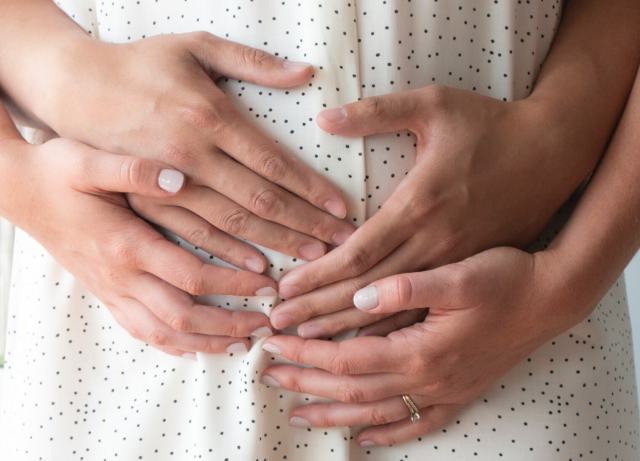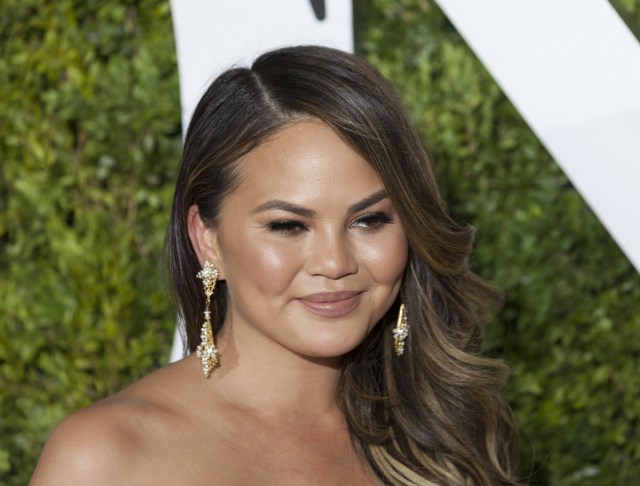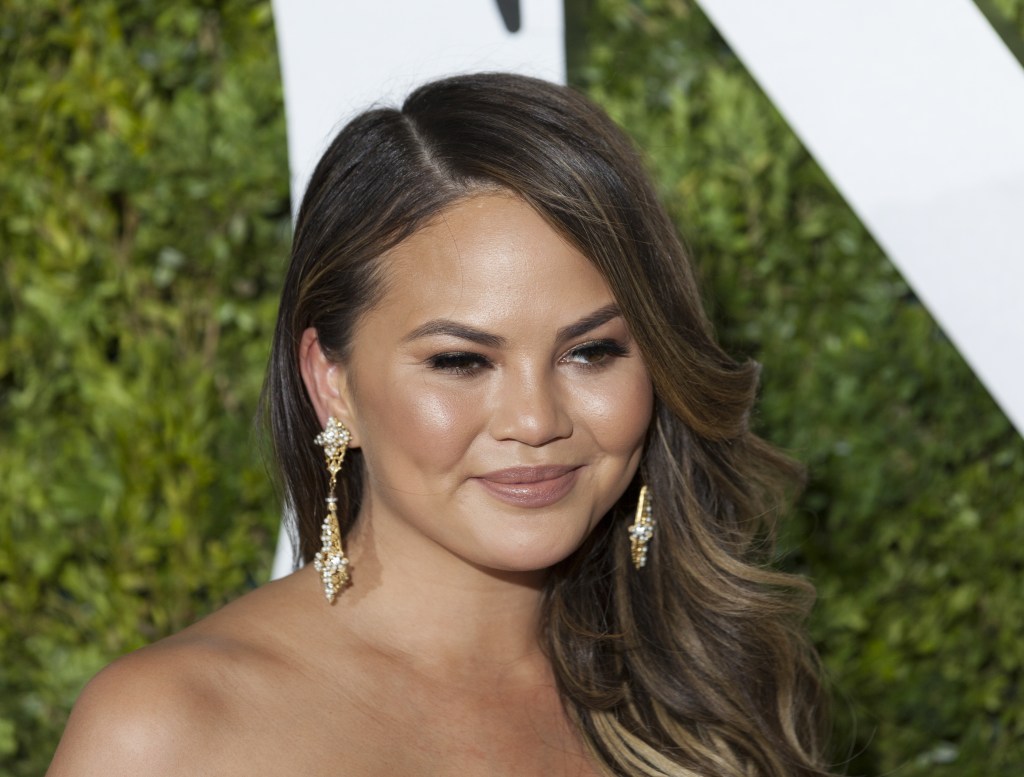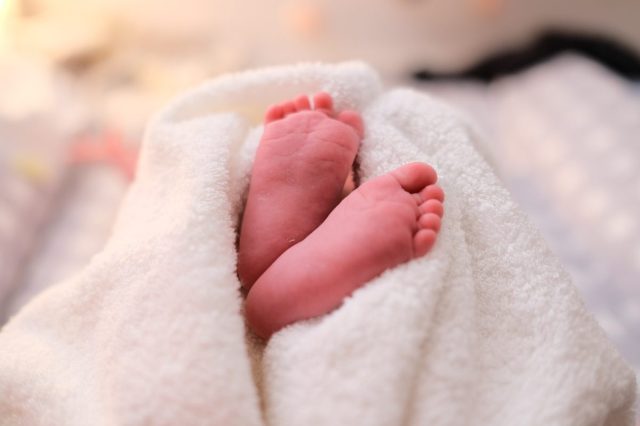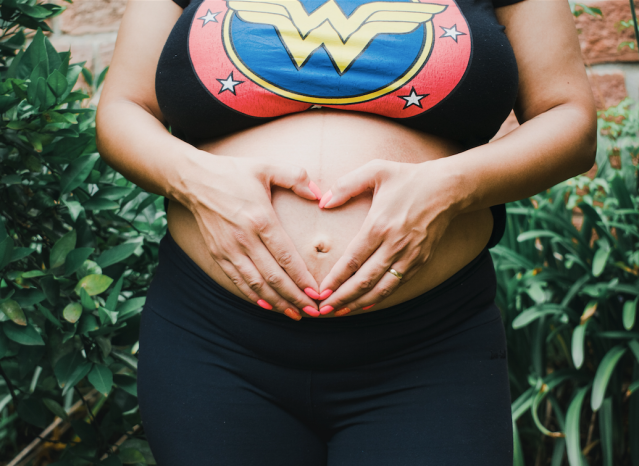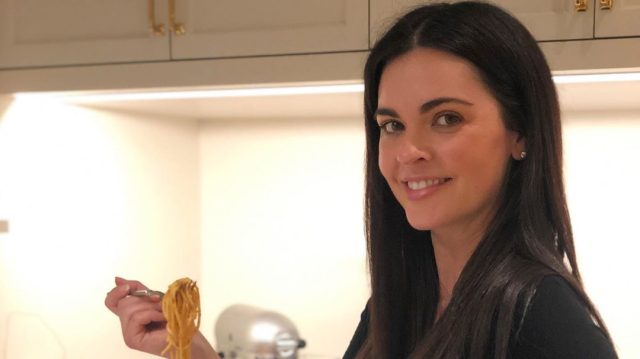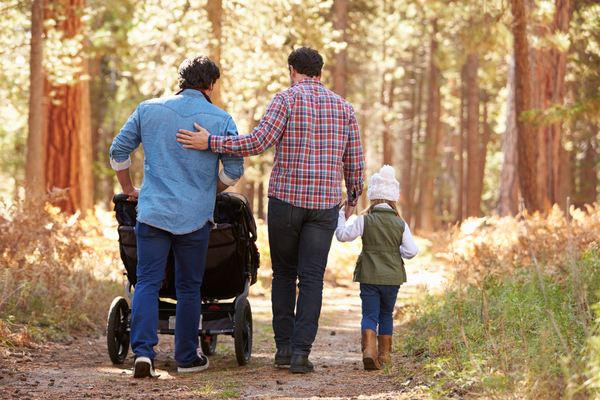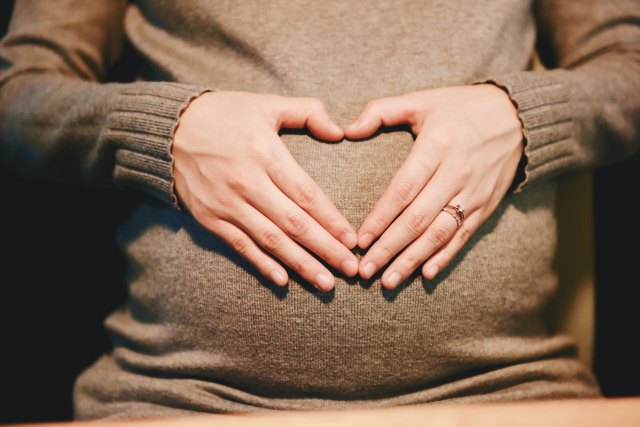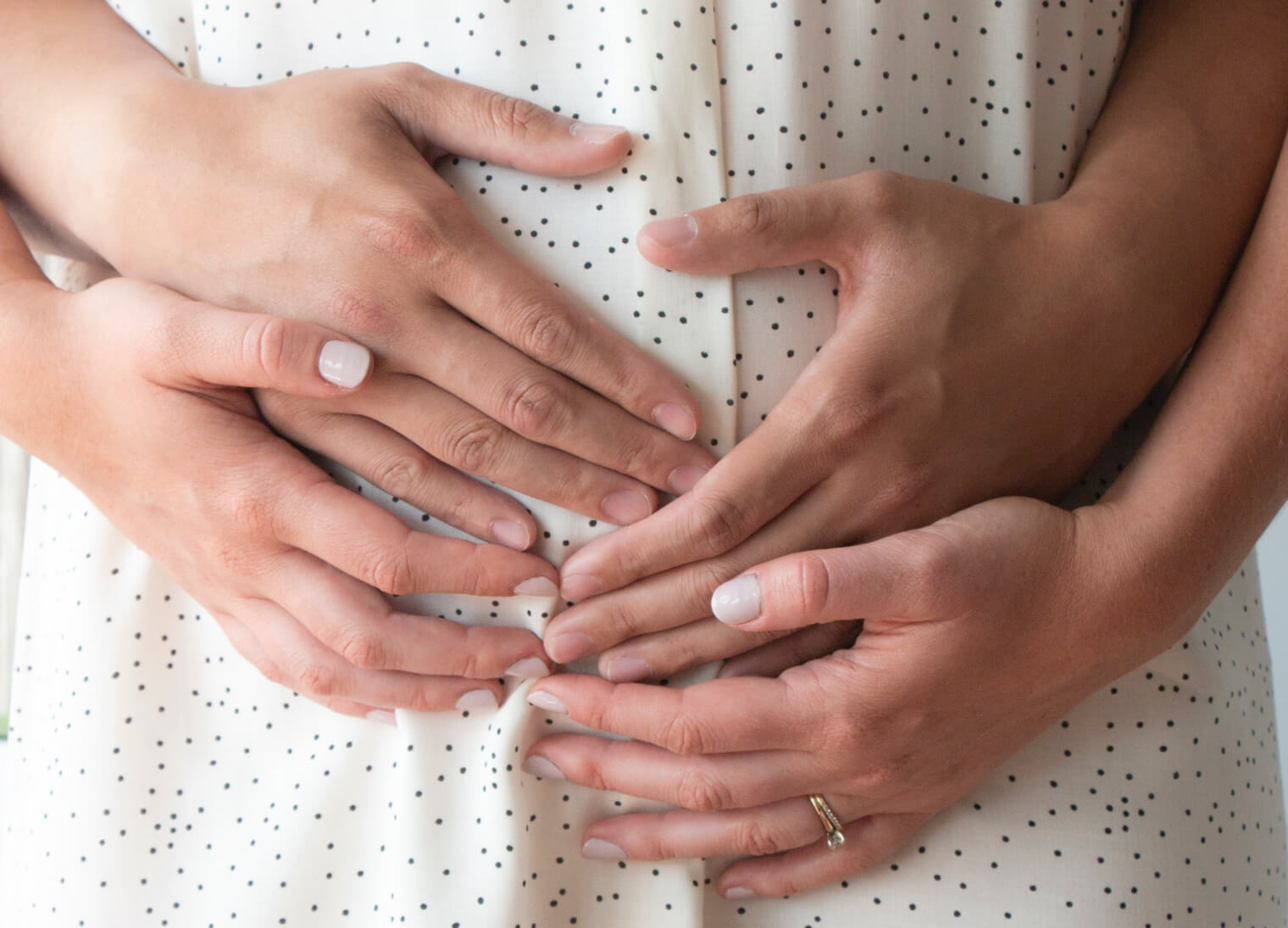
There was a time just a few months ago, before our world knew anything about COVID-19, when you may have decided to start trying to have a baby. Or, maybe you fall into the 1 in 8 couples experiencing infertility and had gathered the courage to embark on your fertility journey. Either way, your initial excitement to start a pregnancy was then shaken by resounding uncertainty with the emergence of the COVID-19 pandemic.
In mass, couples and individuals took to the Internet to ask, “What does the coronavirus do to my pregnancy?” Meanwhile, the news cycles were churning out what feels like an encyclopedic volume of medical literature. “No effect in pregnancy” turned into “Possible vertical transmission,” a few days later. In the midst of this never-ending news, women everywhere were scrolling and clicking endlessly to find an answer to, “Is it safe for me to get pregnant now?”
While it’s great to be informed about your pregnancy, it is an unfair burden for you as a patient and expecting mother to aggregate and distill all the new research being published. Furthermore, it’s very possible that it’s leading to increased stress, anxiety, and possibly even despair as you try to get pregnant. Ultimately, it’s our job as physicians to stay current and appropriately distill fact from fiction and theories from the simply unknown. The expert teams of the American College of Obstetricians and Gynecologists (ACOG) and the American Society of Reproductive Medicine (ASRM) have been working tirelessly to synthesize the relevant pregnancy and fertility data so that individuals aren’t left with that burden.
While we are still learning how COVID-19 affects pregnancy, what we know so far, on the whole, is reassuring. First, pregnant women do not appear to have more severe complications of COVID-19. The literature does not suggest a consistent transmission from an infected mother to her baby. Next, it’s too early to definitively say if there is any risk to the fetus if it were to become infected, but it does not appear to be the case. Finally, no medical organization or society has recommended against initiating a pregnancy in and of itself.
It’s known with near certainty that this pandemic is causing a lot of anxiety about getting pregnant. Controlling that anxiety, stress, and uncertainty is a part of your fertility journey in which you have a tremendous amount of power. To decompress, meditating for five minutes is a great way to start or end your day. Acupuncture and massage are excellent methods for stress reduction once they become available. If you continue to feel overwhelmed, talk with your doctor or mental health provider. At CCRM Fertility, we’ve developed a series of videos on CCRM TV that offer pregnancy preparedness education. We know this is a really difficult time for all, and our goal is to be a resource for patients.
Fortunately, those lifestyle habits that are beneficial for your pregnancy haven’t changed with COVID-19. For starters, take care of yourself. Get plenty of high-quality sleep. Focus on eating healthy, whole foods. Continue to exercise regularly. Avoid smoking and alcohol. Meanwhile, continue to follow all the usual precautions to avoid the coronavirus (including washing hands often, avoid touching your face, wear a mask in public, etc.). Finally, leave the unending ebbs and flows of news and talk to your healthcare provider. They have gladly done the research for you.
